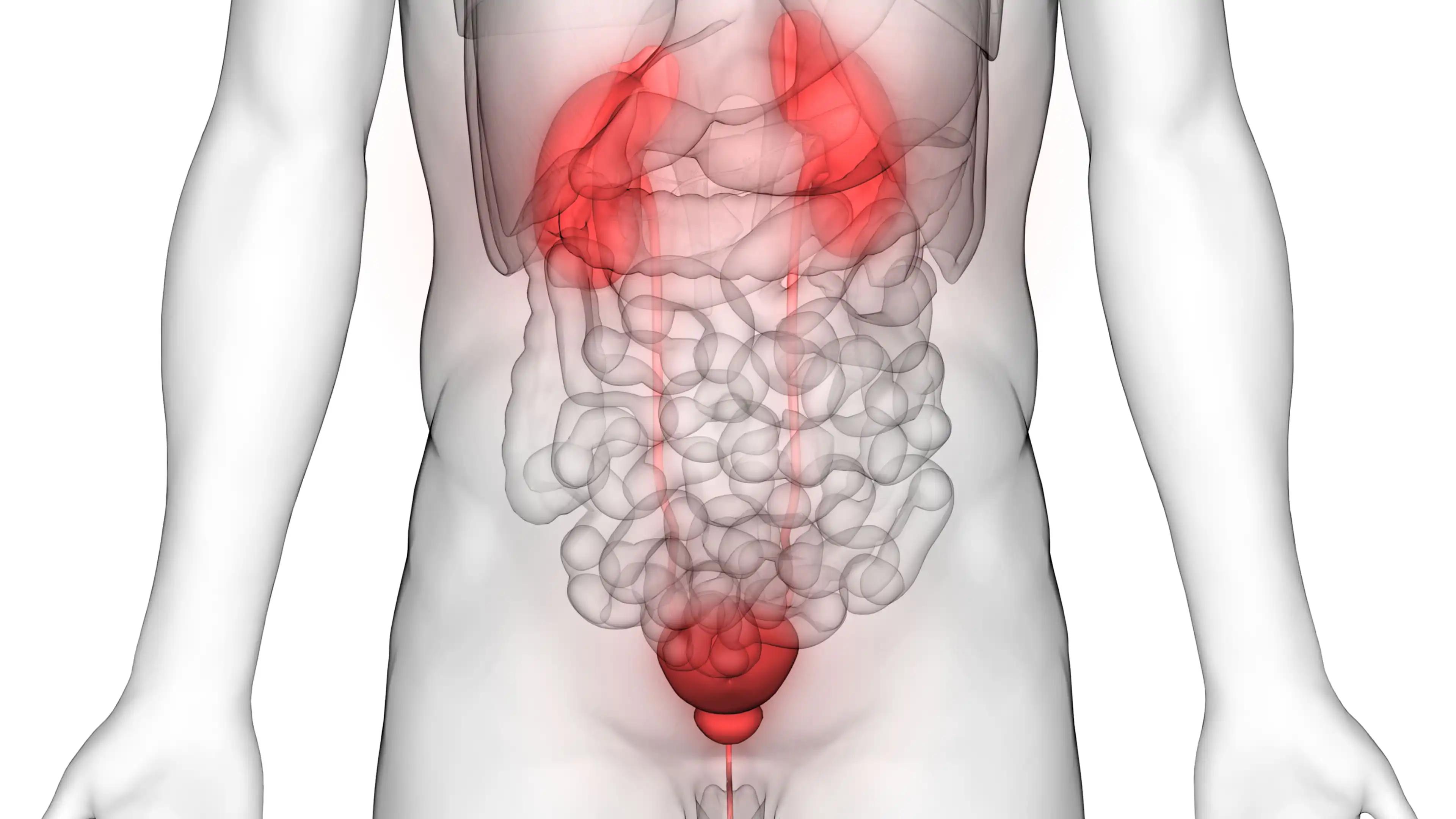KEY TAKEAWAYS
- Phase III of the SPARTAN study is a post-hoc analysis of data of the prior phases to calculate the OS and PFS among the patients.
- The patients included those who had progressed at SPARTAN study completion with associated poorer prognoses.
- Significant efficacy was established for the selected first-line mCRPC therapy as a treatment in patients suffering from progression after Apa treatments.
The randomized phase III of the SPARTAN study was a double-blind, placebo-controlled trial with Apalutamide (Apa) used for the treatment of men with metastatic castration-resistant prostate cancer (mCRPC). It assessed the impact of post-protocol treatment in the prior phases of the study.
SPARTAN patients who had developed mCRPC while being treated with Apa and had received a first-line subsequent therapy for mCRPC (the “Next Cohort”) were included in this phase of the trial. The baseline characteristics of the Next Cohort (at the time of initial randomization) were compared to those of the ITT Apa arm in the SPARTAN study.
Kaplan-Meier method was used to calculate the subsequent Overall Survival (sOS) and Progression-Free Survival among the patients based on the physician assessment.
At study completion, some patients remained on Apa (n=237) without progression, while some were included in the Next Cohort (n=311). Of those in the Next Cohort, 77.5% (n=241) received Abiraterone Acetate plus Prednisone (AAP) treatment. 9.3% (n=29) received Docetaxel, 6.4% (n=20) received Enzalutamide, while 6.8% (n=21) received other treatments.
A higher proportion of the Next Cohort had PSA doubling time than the ITT Apa arm in SPARTAN at more than 6 months (79.1% vs 71.5%). The PSA value remained above the median at baseline. The patients experienced poorer PSA response (51% PSA90 overall response rate vs 62%) while on the Apa treatment.
The median sPFS and sOS were 6.8 months (95% confidence interval, CI, 5.8-7.9) and 20.0 months (95% CI, 17.0-22.6), respectively. Notably, the choice of subsequent treatment did not have a significant impact on sPFS and sOS.
Along with the progression at the completion of the SPARTAN study, the other limitations were the retrospective nature of the study, the lack of randomization to first-line mCRPC therapy, and related potential confounding. Despite that, the analysis demonstrated comparable efficacy of selected first-line mCRPC therapies, after progression on Apa for nmCRPC.
Source: https://meetings.asco.org/abstracts-presentations/216974
Clinical Trial: https://clinicaltrials.gov/ct2/show/NCT01946204
Oudard, S., Hadaschik, B. A., Antoni, L., Diels, J., Luccarini, I., Thilakarathne, P., Smith, M. R. & Small E. J. (2023). J Clin Oncol 41, 2023 (suppl 6; abstr 157)



